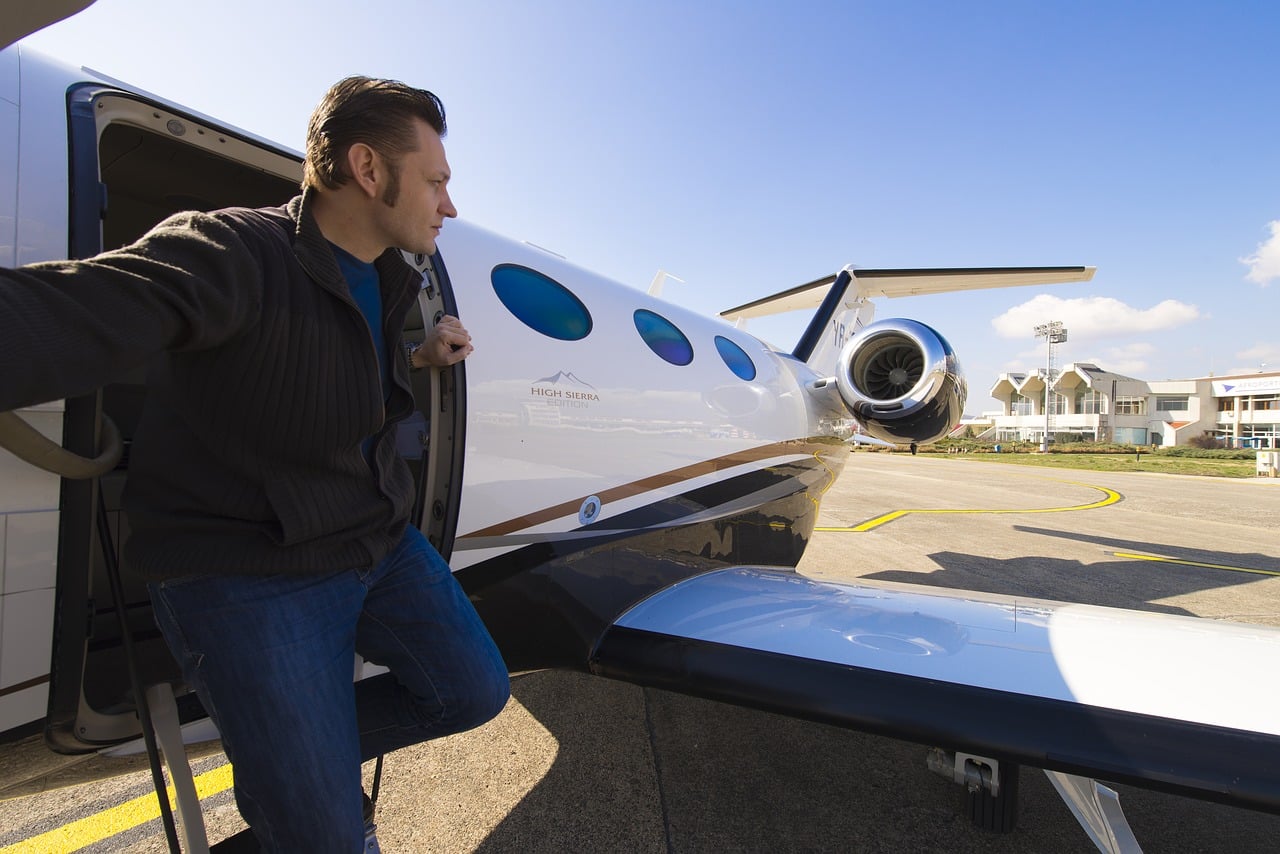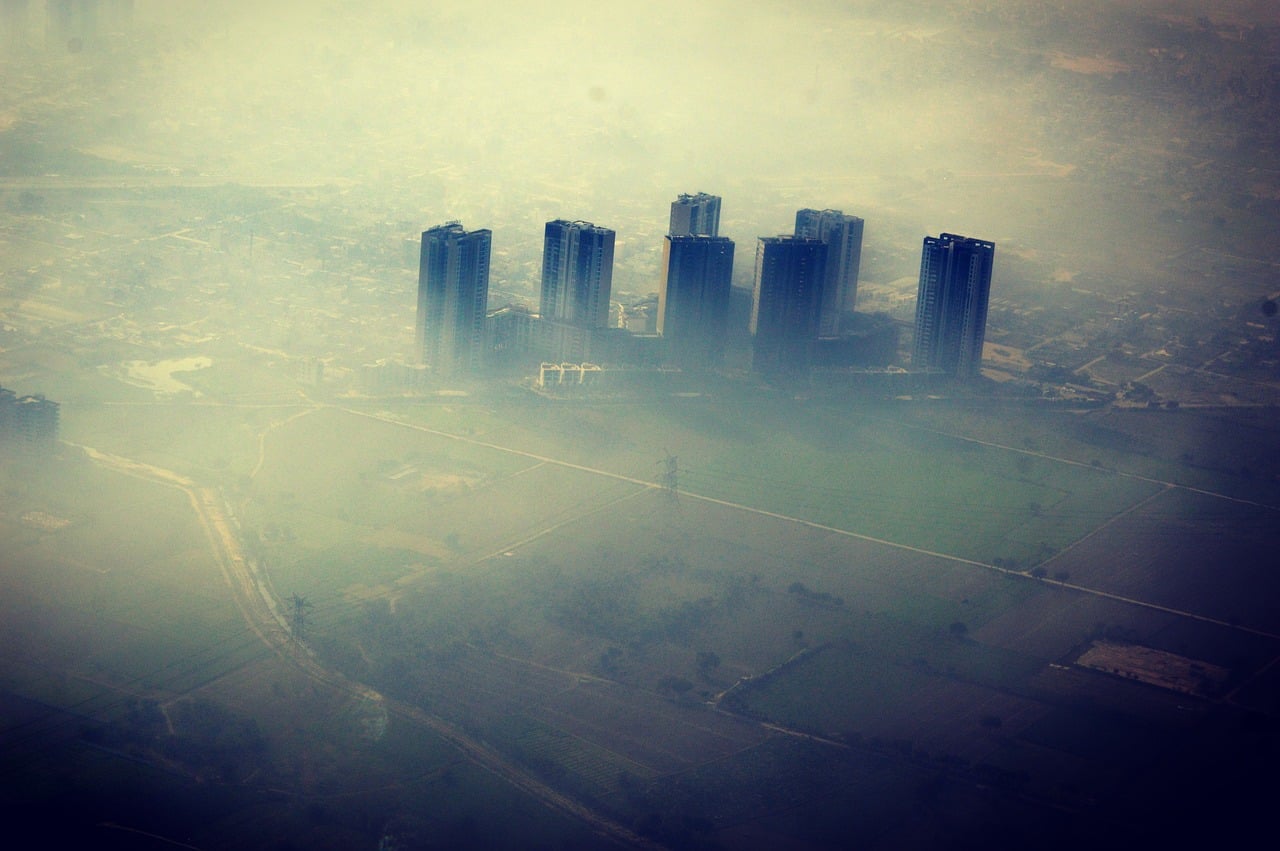Air travel is set to witness a phenomenal change as more countries start to ease coronavirus lockdown restrictions. For the travelers, it could be a totally new experience as authorities will now be focusing on maintaining social distancing and touch-free travel. Let’s take a look at how air travel could change amid the coronavirus outbreak going forward.
Q1 2020 hedge fund letters, conferences and more
Airlines are expected to deploy hand gestures and eye movements to allow passengers to operate the overhead stowage bins and the in-flight entertainment screens. For in-flight catering, experts recommend the use of robots to minimize human interaction. Several airports are also testing robots that will be responsible for disinfecting passenger facilities.
Moving forward, the use of data would play a key role in deciding whether or not you could travel. China, for instance, has implemented strict measures to ensure that those who travel don’t have an infection. China is using a QR code, which is allotted to a passenger.
These QR codes come in three colors – green, yellow or red. Green suggests that the passenger has been tested and is free from infection. Moreover, the temperature is checked multiple times and the authorities can easily track where the passengers have been.
Such tactics may not be easy to implement in all countries, but authorities would have to come up with some protocols to manage every possible situation. For example, a protocol to contact every passenger that was on the plane, in case one of the passengers tests Covid 19-positive after traveling on the flight.
Moreover, there would be arrangements to pass passengers through security and baggage checkpoints without them touching anything. To reduce human contact, there are talks of a high-tech arch, which will scan the passengers for metals, as well as check their health.
Another technology in the works is a contact-less voice-activated kiosk, which would monitor passengers' temperature, heart and respiratory rates prior to check-in. Abu Dhabi Airport is already testing such a machine.
One high-tech idea that has gained some momentum nowadays is the use of a smart chip. Such a chip would be injected in the passengers' arm. It will continuously monitor the health of the passengers, and beep or send an alert if it detects any infection.
Current restrictions by airlines
Most of these air travel changes are currently in trial, but they may soon become a reality, just like the growing use of biometric gates and body scanners. Until these measures are in place, passengers will have to live with the restrictions currently available.
For instance, many airlines are experimenting with the idea of leaving the middle seat vacant. Colorado's Frontier Airlines even made passengers pay for keeping the middle seat vacant. However, IATA (International Air Transport Association) is not in favor of blocking off middle seats. Instead, the agency recommends wearing face masks – both passengers and crew – on board.
Thus, the biggest change to air travel due to coronavirus would be the use of personal protective equipment (PPE). Several airlines, such as Delta, United, American Airlines, Lufthansa, Air France and more have made it mandatory for the passengers and crew to wear a mask. Qatar Airways even introduced PPE suits for its cabin crew.
There is also a growing demand for the Self-Protective Pocket Pouch (SP.3). This pouch includes mask, gloves, hand sanitizer, alcohol wipes and instruction manual on how to stay safe from the virus. Airlines have an option to customize the pouch to meet their brand image. Travelers would also see robots taking over many jobs at airports, such as cleaners.
Like many other countries, India also recently announced starting domestic flights but with new rules governing air travel. As per the new rules, airlines won’t offer meals on board, the crew must wear full protective gear and temperature checks for all passengers.
Moreover, the authorities have also set lower and upper limits of fares that airlines can charge. Further, the passengers who are not allowed to travel due to health issues should be allowed to change their travel date without incurring any extra charges.
Air travel – is it safe?
No matter how many changes the airlines implement, one question that every potential traveler will have: Is air travel safe during coronavirus? Sadly, the answer to this is "No."
Even the CDC (Centers for Disease Control and Prevention) recommends avoiding air travel if possible, saying the risk is high on crowded flights. However, there are a few tips that could help passengers lower the chances of catching coronavirus infection during air travel.
Experts recommend choosing the window seat as it will reduce the number of contacts. Also, if possible, passengers should travel in business or first class. Passengers should also avoid touching high-contact areas, such as door handles, flush buttons, and faucets.
Experts also recommend wearing a mask all the time. Travelers should also carry antibacterial wipes with them and use it to clean their seating area, mainly armrests, headrest, window cover and tray table.
The future of air travel, at least until the coronavirus pandemic subsides, will depend largely on whether or not airlines are able to make travelers feel confident of their safety. However, restoring full confidence will be the toughest task for airlines to do in the current scenario.





